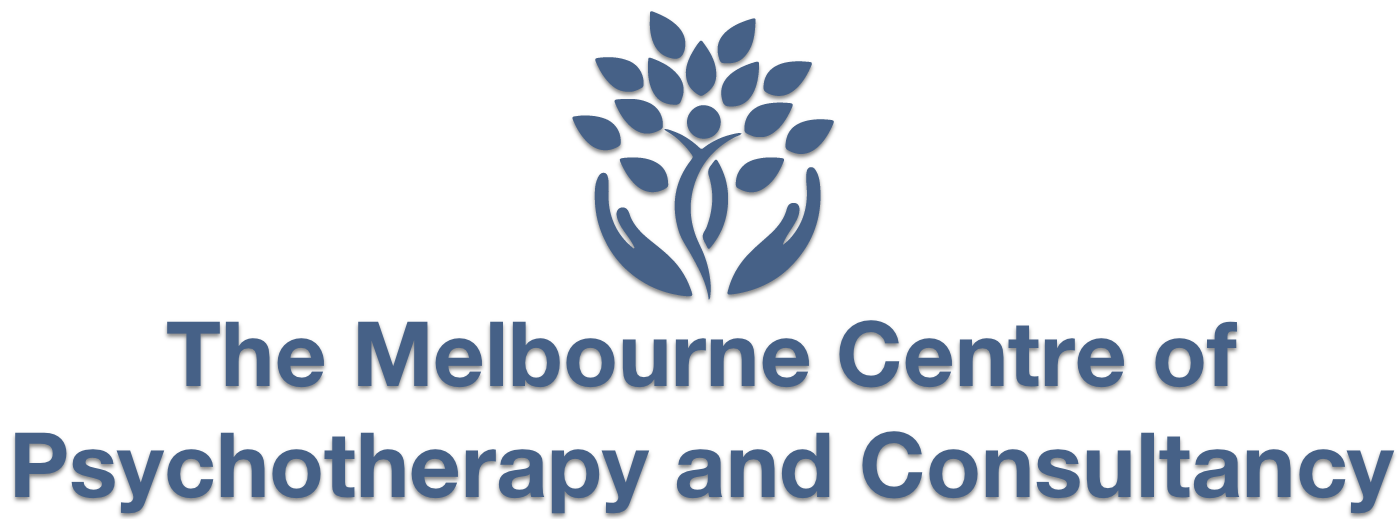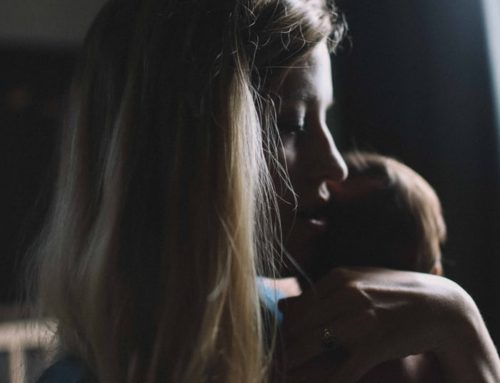 In this article I will provide you with my reflections on the impact of COVID-19, along strategies to manage your psychological health during the difficult time of self isolation and or social distancing.
In this article I will provide you with my reflections on the impact of COVID-19, along strategies to manage your psychological health during the difficult time of self isolation and or social distancing.
From my observations of work with patients I suggest we moved into and for some of us through, what I refer to as Phase One and Phase Two of collective psychological responses to the existence of COVID-19 and resulting policies.
1. Psychological Responses
A) Phase One
Psychological Response: Fear
For most of us our poor bodies and minds were ‘flooded with adrenaline’. Our cortisone levels were likely to have ‘gone through the roof’.
Amongst us there have been tears, sleepless nights, somatisation, panic attacks, irrational fears, and arguments with those we love. All of this was normal under these abnormal circumstances. It is important during this time to seek the additional psychological assistance you needed, but first and foremost don’t judge yourself. We are wired to survive, it has felt uncomfortably electric, but we have survived.
In this first phase, in my work with patients I have noticed primal responses to past trauma being activated, and preexisting Psychological Disorders taking on more severe formations. I also witnessed pertinent connections being made between past events and responses to the pandemic. Collectively it appears that people had deeper access to their psyche during this time and the silver lining is that this presented an opportunity to heal at a deeper level.
B) Phase Two
Psychological Response: Depressive Exhaustion
The ‘flight/fight’ fear response has passed but were and may still be exhausted. During this phase one may feel numb, disconnected, have a lack enthusiasm for work or creative pursuits, feel ‘emotionally drained’, and find it hard to make contact or reply to friends and family.
The first phase left our bodies and minds feeling depleted. In the second phase we felt or still feel like we have little to give others and we need to rest.
This is the entering into a depressive phase. A depressive state is not the same as depression. From a psychoanalytic perspective, it is a time when we stop splitting events and people into bad and good categories. We regain a sense of perspective and come back into contact with reality.
This said enduring a pandemic is not enjoyable. The reality we come into contact with is not pleasant. It is fair to say that collectively humans were and to a lesser degree are still ‘having a bad time’ so we need to be careful not to spiral into depression. This can be done by emotional processing rather than engaging in negative thought patterns, and by using psychological strategies which include doing things that make us feel good.
2. Psychological strategies
A) Panic Attacks
In phase one you may find that either you or others became so overwhelmed that you or they experienced panic attacks. A panic attack is an abrupt feeling of fear or discomfort accompanied by symptoms that include: heart palpitations, feeling that it is difficult to breath, sweating, and trembling.
During a panic attack the physical sensations are so unpleasant that they tend create further feelings of fear. When this happens we need to place our attention on something other than the unbearable feelings of panicking in order to stop the panic attack. This can be difficult when you are busy panicking, so the task needs to be easy enough to do while distracting enough to give the body and psyche a chance to rebalance itself and slow down the somatic fear responses.
Psychological strategy:
Count backwards from 100 in lots of 3. This can be done out loud, or in your head.
B) Feeling down
In phase two it is hard to feel enthusiasm or joy.
Psychological strategy:
Self Soothing
As a child most of us learnt how to comfort ourselves by doing things that made us feel good. As adults during this difficult time we need to remember the importance of making ourselves feel good by engaging in simply activities that are not goal orientated and bring us comfort.
These behaviours include:
Going for a walk during sunrise or sunset
Giving yourself a foot massage
Dancing to music in your lounge or bedroom
Having a warm bath
Lighting candles
Sitting in the sun and having a cup
Click here for our policies and procedures for practicing during the COVID-19 pandemic.



